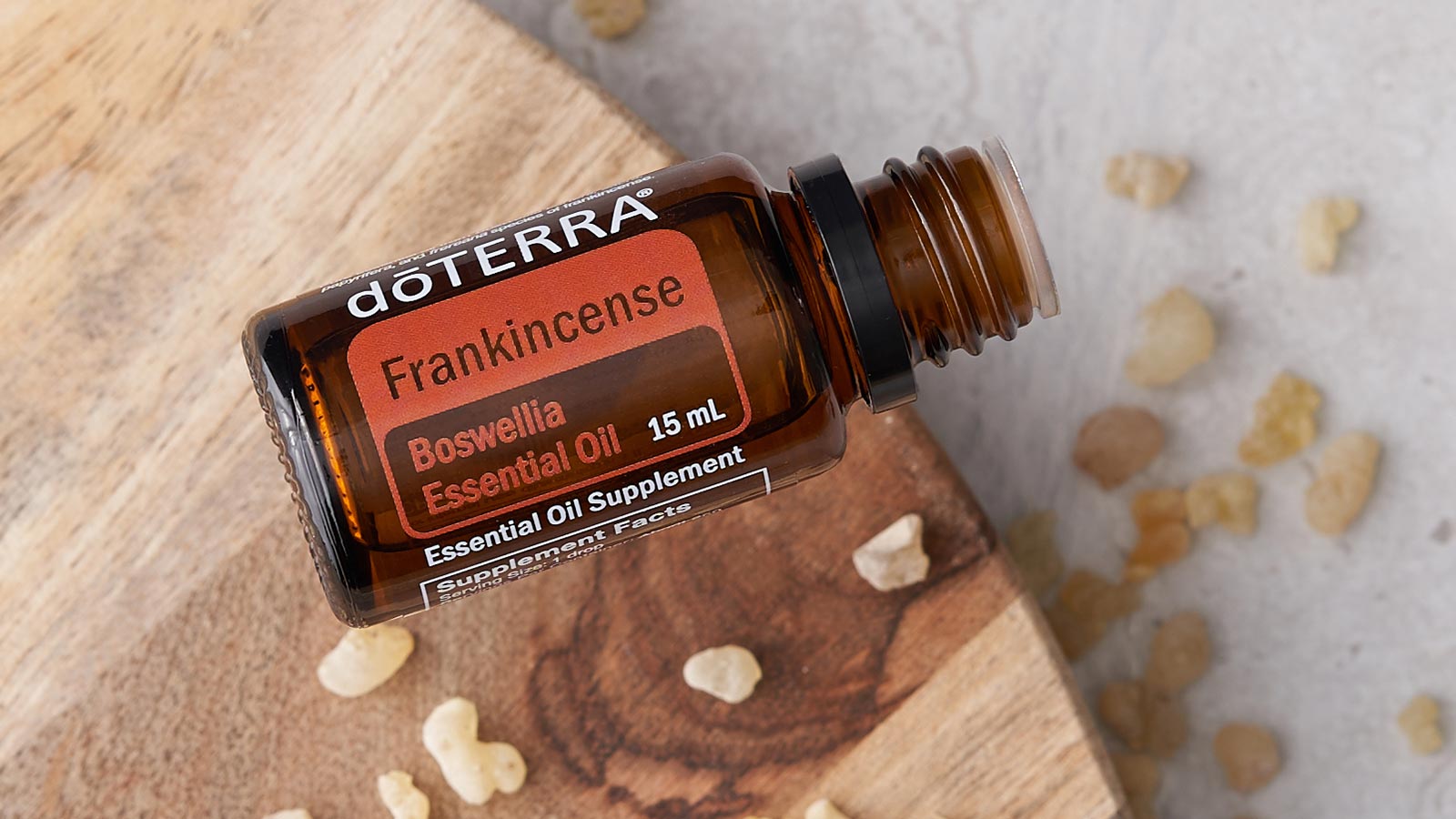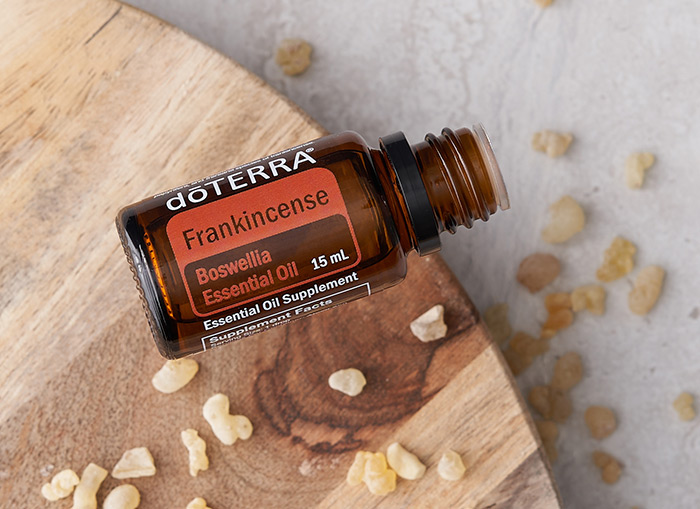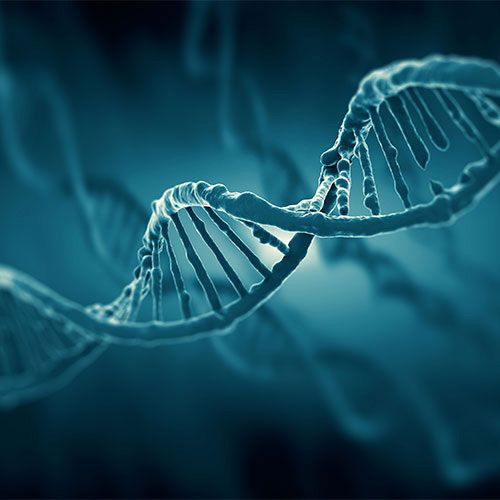Origen: un derivado latino.
Significado "regalo de la tierra."
-
Compra
- Ver Compra Inicio
- Bienestar Fundamental
- Nuevos Productos
- All Products
- Aceites Esenciales
- MetaPWR
- Guía Navideña doTERRA 2024
- Línea Abode
- Cuidado Personal
- Protección Solar
- Suplementos
- Kits y colecciones
- Literatura
- Ofertas especiales
- Difusores y Accesorios
- FSA/HSA Eligible Products
- doTERRA Healing Hands
-

-
Nuestra Historia
- Ver Nuestra Historia Inicio
- Lo que hacemos ...
- Lo que hacemos ...
- Porque lo hacemos ...
-
dōTERRA[doh-teh-ruh]
Frankincense: The Sacred Resin That Speaks to Your Cells


From Sacred Smoke to Molecular Signaling
Frankincense has long been revered for its role in ritual, wellness, and spiritual practice. But now, thanks to a clinical trial, we can say what ancient traditions only sensed: Frankincense doesn’t just influence mood—it changes molecular function.*
In a 30-day study of healthy participants consuming doTERRA Frankincense oil—a proprietary blend of Boswellia carterii, frereana, sacra, and papyrifera, researchers found changes in gene expression, inflammatory system function and quality-of-life indicators across multiple body systems.*
This wasn't just an aromatic experience. It was a biochemical one—with measurable downstream effects.*
Clinical Highlight 1: Epigenetic Signals for Skin Health & Structure
Frankincense essential oil led to changes in epigenetic regulation of genes associated with extracellular matrix organization, wound healing, and skin remodeling. These included pathways linked to collagen turnover, keratinocyte repair, and antioxidant defense.*
These changes suggest that Frankincense supports the structural framework of the skin, not just surface hydration or appearance. Gene expression related to fibroblast activity, matrix metalloproteinases (MMPs), and collagen cross-linking were positively modulated.*
The Science, Translated:
Your skin is built from collagen, elastin, and proteins that form a scaffolding under the surface. As we age, this structure weakens—leading to sagging, dryness, and dullness. What this study shows is that Frankincense essential oil may support your skin from the inside out, encouraging your genes to maintain and repair that structure. It's not cosmetic—it's cellular.*
Clinical Highlight 2: Healthy Inflammatory Response
One of the most striking findings was a statistically significant decrease in IL-6, a blood marker related to the inflammatory system and associated with serious health concerns as well as accelerated aging. This is a measurable systemic shift, not just a subjective benefit.*
The modulation of IL-6 suggests Frankincense oil can influence immune signaling upstream—specifically through interaction with the NF-κB pathway, a central hub in the body’s inflammation system.*
The Science, Translated:
IL-6 is like a smoke signal your body sends up when there’s trouble. But in modern life, many people have too much of this signal—even when there’s no real fire. Lifestyle effects of poor diet or sleep, lack of exercise, and high stress keep that signal going strong. This leads to fatigue, joint discomfort, brain fog, and cellular aging. This study shows that Frankincense helps turn down that false alarm, lowering IL-6 levels and letting your system return to balance.*
Clinical Highlight 3: Epigenetic Modulation of Cognitive & Mood Pathways
While the study did not measure memory or focus directly, it did reveal methylation shifts in multiple genes tied to neurological health and mood resilience. These included:
- DRD2 – dopamine receptor (reward, focus)
- SLC6A4 – serotonin transporter (emotional regulation)
- CLOCK – circadian rhythm and sleep-wake cycles
- BDNF – brain-derived neurotrophic factor (neuroplasticity)
The regulation of these pathways suggests that Frankincense oil may support the neurochemical environment that underpins attention, emotional resilience, and cognitive clarity.*
The Science, Translated:
Your brain is in constant dialogue with your environment—shifting gears, rewiring itself, responding to stress. Frankincense appears to encourage that dialogue to become more adaptive, especially in areas related to motivation, calm, and sleep rhythms. Think of it like fine-tuning your brain's operating system for better clarity and emotional balance.*
Clinical Highlight 4: Immune Modulation at the Genetic Level
Frankincense oil induced methylation changes in gene networks related to immune response, particularly those that control cytokine production, antigen presentation, and regulatory T cell pathways.*
Rather than overstimulating immune function, Frankincense appears to promote balance—reducing overexpression of inflammatory triggers while enhancing pathways associated with immune tolerance and resolution.*
The Science, Translated:
You want your immune system to respond when it needs to—but not go overboard or stay activated for too long. Frankincense may help train your immune system to respond appropriately, like a thermostat keeping your system in range. It’s not about boosting—it’s about regulating.*

Clinical Highlight 5: Support for Antioxidant Defense and Cellular Resilience
The study also showed favorable changes in genes tied to oxidative stress, including upregulation of transcription factors like NFE2L2 (NRF2) and FOXO3, which control cellular defense against free radicals and influence longevity.*
These pathways are central to how cells recover from stress, detoxify, and protect their DNA, mitochondria, and membranes.
The Science, Translated:
Oxidative stress is like rust for your cells. Over time, it builds up from pollution, poor diet, and even chronic stress. Frankincense may act like a cellular antioxidant shield, helping your body quench free radicals before they can do damage. The result? Better energy, clearer thinking, and more resilient aging.*
Real-World Translation: What This Means for You
| Research Insight | What It Suggests for You |
|---|---|
| Skin-related gene expression | May support skin structure, tone, and barrier health* |
| IL-6 reduction | Helps calm inflammation, including related discomfort and fatigue, associated with normal daily activities and aging* |
| Cognitive/mood gene modulation | Supports mental clarity, emotional balance, and restful sleep* |
| Immune gene signaling | Promotes a more balanced, less reactive immune response* |
| Antioxidant gene upregulation | Enhances cellular protection and graceful aging* |
How to Use Frankincense in Your Routine
Morning:
- 1–2 drops internally (under tongue or in capsule)
- Add to facial oil or moisturizer to support the appearance of healthy skin
Evening:
- Diffuse with calming oils like Lavender or Cedarwood
- Massage diluted Frankincense onto chest or spine for a relaxing, grounding experience
Incienso
15 mL
*Estas declaraciones no han sido evaluadas por la Administración de Alimentos y Medicamentos. Este producto no está destinado a diagnosticar, tratar, curar o prevenir ninguna enfermedad.

